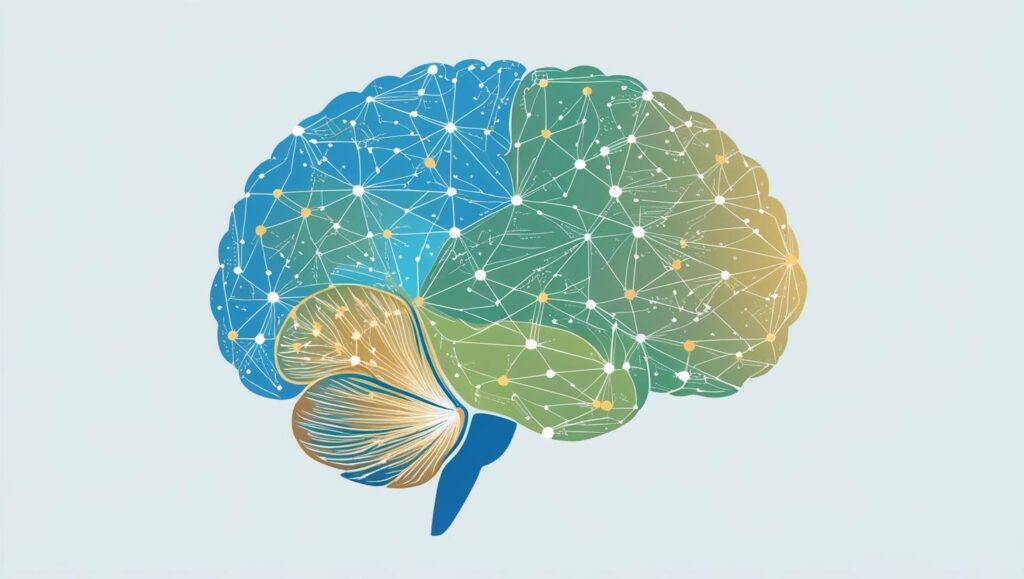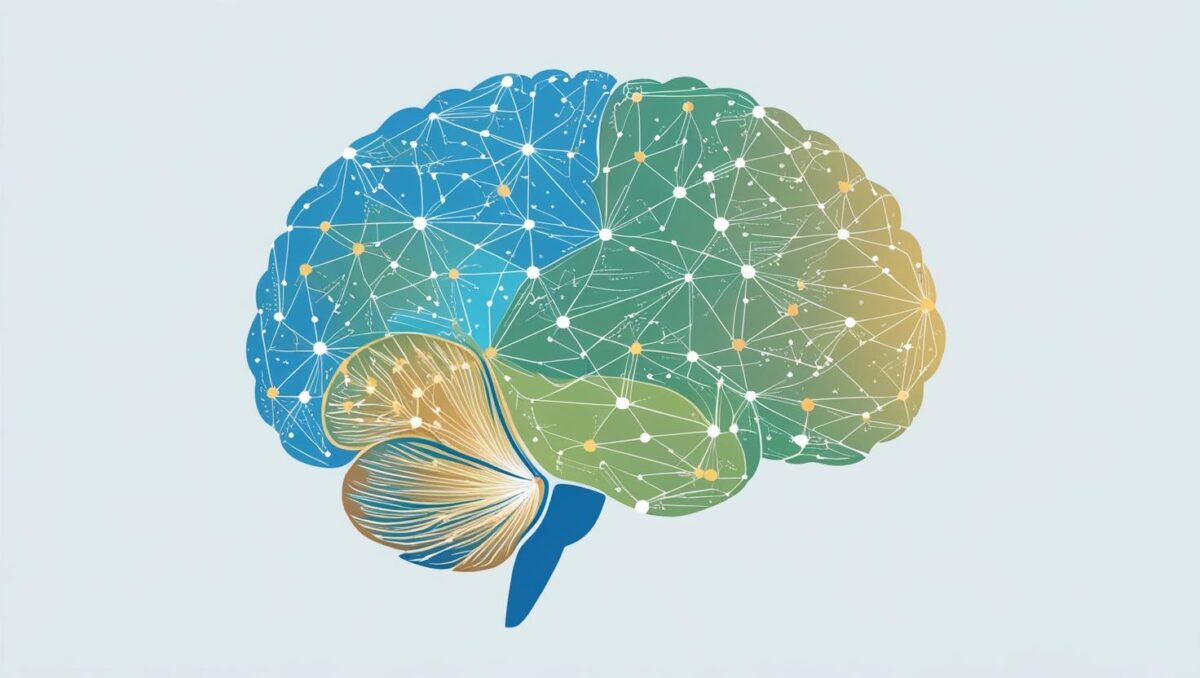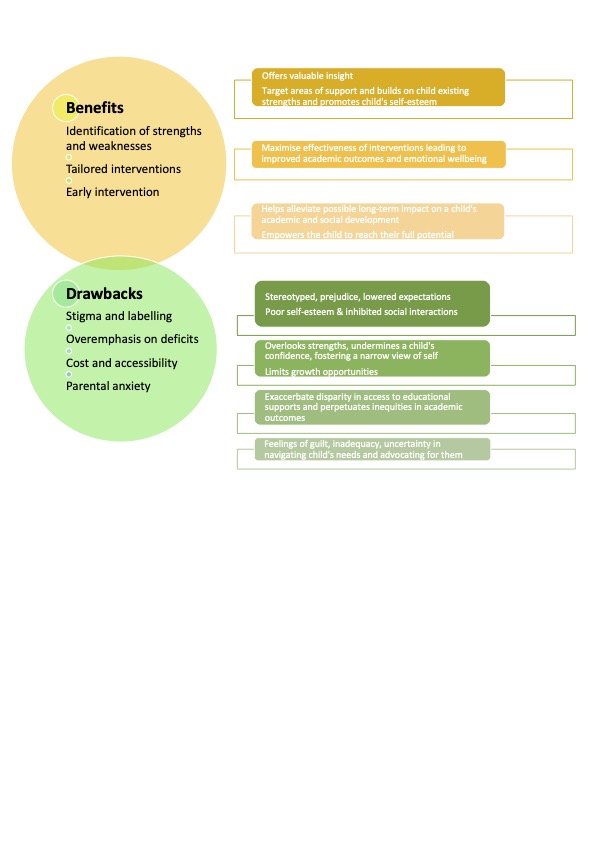Applications of AI in Psychology
Transforming Treatment Approaches – or Are We?

In recent years, Artificial Intelligence (AI) has entered the field of psychology with great promise, offering to revolutionise the way mental health care is delivered. From faster diagnostic tools to personalised treatment plans and predictive modelling, the applications of AI seem vast — and growing. But while the excitement is justified, it’s also important to approach this technological wave with a critical eye.
Sharper Diagnosis or Data Dependence?
AI has shown significant capability in enhancing diagnostic accuracy. Algorithms can now analyse enormous volumes of patient data — including voice patterns, facial expressions, and even social media activity — to detect early signs of anxiety, depression, and other mental health conditions. These tools can help flag concerns earlier and more efficiently than ever before.
However, while AI can detect patterns, it doesn’t “understand” them in the human sense. We must ask: Are we relying too heavily on data-driven cues at the expense of lived experience? The nuance of a client’s story, the context behind their tone or expression, and cultural factors influencing their behaviour are still best interpreted by a trained human mind.
Personalised Therapy or Algorithmic Assumptions?
Another exciting avenue is AI-assisted personalisation of therapy. By analysing how clients respond to interventions over time, AI can help practitioners fine-tune treatment approaches. It can even suggest strategies that align with a client’s unique emotional and behavioural patterns. Therapeutic chatbots, such as Woebot or Wysa, are being used as supplementary tools for between-session support. These tools are especially useful in increasing accessibility for those who may not seek traditional therapy due to stigma or logistical barriers. Yet there’s a limit to how “personal” an algorithm can truly be.
Can an AI model genuinely understand a client’s shifting emotional world, or their resistance to therapy, in the same way a clinician can? Personalisation must go beyond pattern recognition — it must include deep listening, attunement, and emotional resonance.
Predicting Crises: Progress or Pre-emption?
One of the most intriguing frontiers is AI’s potential to predict mental health crises before they escalate. By analysing trends in behaviour and mood data, AI tools can alert clinicians to early warning signs, enabling timely intervention. While this has undeniable value — especially in high-risk populations — it raises ethical and clinical questions: What happens when AI flags a “risk” that the client doesn’t perceive? Do we risk medicalising normal emotional fluctuations? And how do we avoid reinforcing surveillance-style care under the guise of support?
Revolutionising Research — ResponsiblyAI is already transforming mental health research, making large-scale data analysis faster and more efficient. It also allows for real-time feedback to clinicians based on evolving research findings — a huge asset in a field where evidence-based practice is essential.
However, we must guard against the “solutionism” trap — the idea that every complex mental health issue has a data-driven fix. Psychological healing is not always linear or measurable, and our research tools must reflect the complexity of human experience.
Ethics and Empathy: A Necessary Tandem
Perhaps the biggest challenge in integrating AI into mental health care is preserving the ethical and human foundations of therapy. Data privacy, informed consent, and transparency must remain at the forefront. Clinicians also need to feel confident in questioning AI recommendations — especially when they conflict with clinical judgment or the client’s narrative.
Importantly, AI can’t replicate the therapeutic alliance — the healing power of being seen, heard, and validated by another human being. AI may assist us, but it should never attempt to replace the therapist’s role in providing a safe, relational space.
Final Thoughts
AI is undoubtedly reshaping the landscape of psychological practice. It offers powerful tools that can enhance assessment, personalise treatment, and support prevention efforts. But like any tool, its value depends on how we use it.
At Your Mind Matters, your clinician may use AI to help take notes, create guided imagery scripts, or – my favourite – challenge my diagnostic impressions against the DSM-5 (our diagnostic manual).
We won’t be replaced by AI, but if there is a way to enhance client care, it is certainly something we will integrate!
PS- any AI we use is compliant with Australian privacy standards of course!
This blog was written by Laura Forlani, Clinical Psychologist and Director at YMM
Fact checked by ChatGPT 🙂





